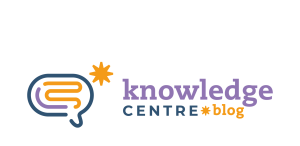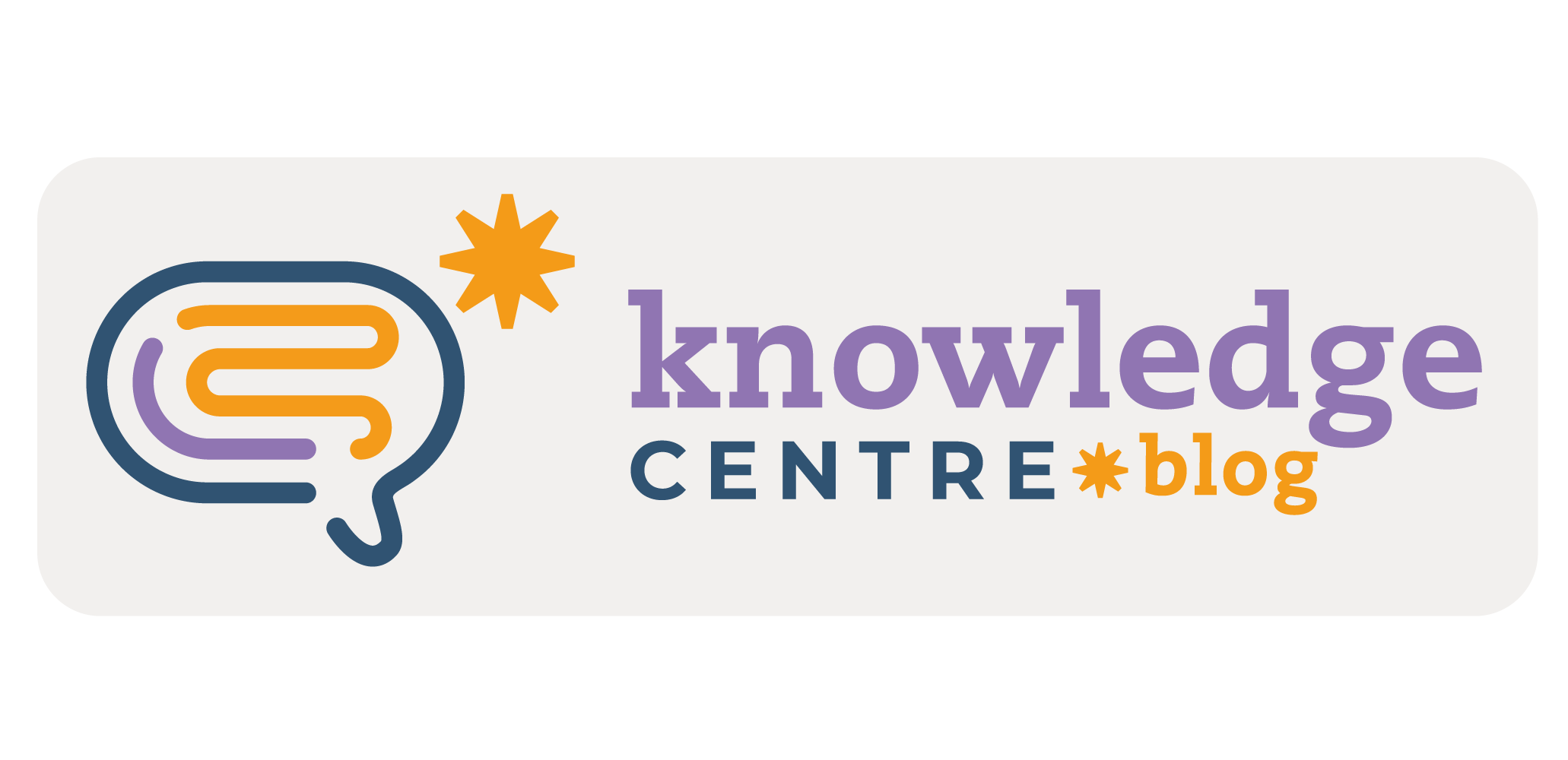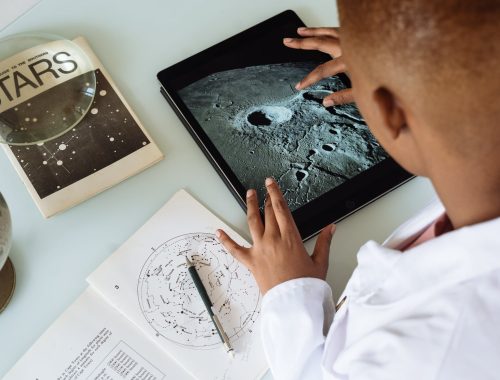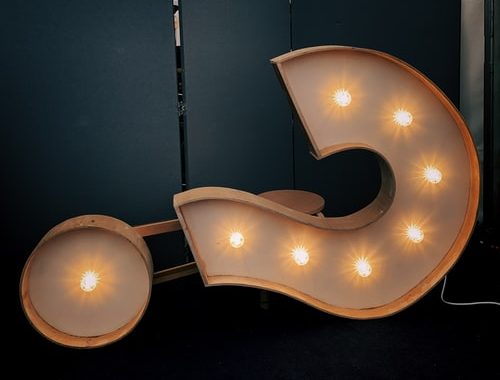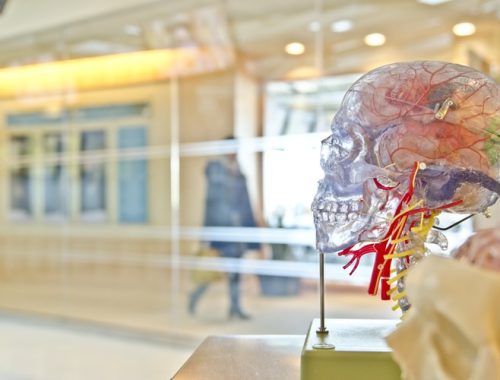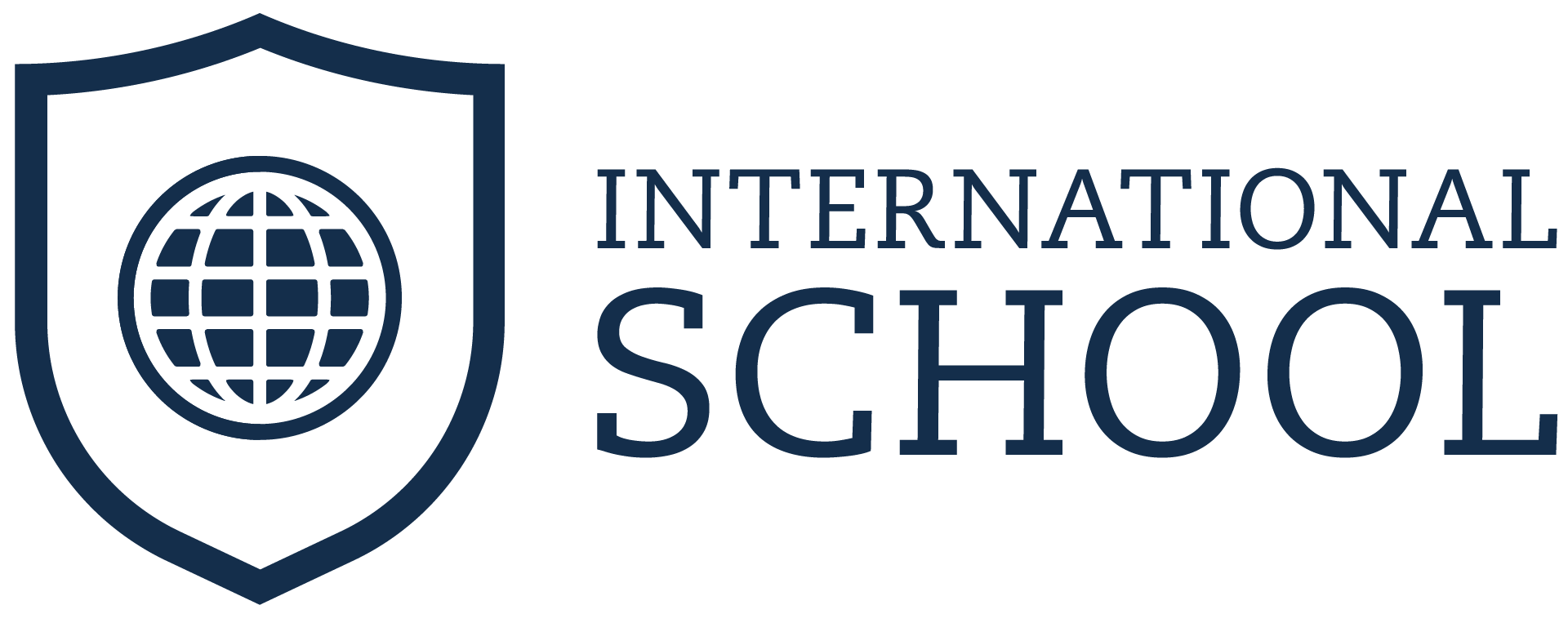The curricular organization directly affects the way we organize our pedagogical work, the relationship of autonomy (or lack of it), our workloads and professionals’ isolation or a good establishment of a teamwork in an institution. Although students have never been overlooked in curricular proposals, the way they are seen changes according to a nation’s public policies, in official documents and especially in the Institution’s Pedagogical Political Project.
A curriculum planning involves organizing experiences and situations that ensure learning. For Paulo Freire, the teaching practice must go through a process of reflection, proposing a knowledge construction with emphasis on the cultural values that children already have and, progressively, ensure the expansion of this knowledge, providing an opportunity for a curriculum that considers personal experiences, but at the same time expands the students’ cultural universe.
It is important for the teacher to reflect on:
What and how are we teaching?
The importance or relevance of the content and the way of acting towards the students’ understanding of the world around them;
What is the relationship of the contents to the students’ lives;
What does certain content contain between the lines?
It is very common in schools, teachers considered as “taskmasters” insist on reducing the nobility of their profession to the level of “content expositor”. In order to have a citizenship oriented and quality education, it is essential that teachers strengthen their human values and rethink didactics, leaving aside the mechanistic approach and making it more dialectical, critical and contextualized within the reality of the learner, in the personal, affective and intellectual aspects.
The role of the teacher is not to tell students about their worldview, or to impose it on them, but to have a dialogue about students’ worldview and the teacher’s by assuming the position of a researcher. In this way, it is possible to privilege social and cultural factors, understanding them as being the most important for the learning process, positively involving the achievement and development of autonomy and cooperation, facing and solving problems, responsibilities, using creativity, formation of certain concepts and experience of a language in its various modes of expression.
The curriculum of a school is not static, flat, and foreseen in its entirety on a printed sheet of paper. For Libâneo (2005), there are three types of curriculum present in school:
Prescriptive curriculum: these are the educational objectives, content to be taught, methodologies and assessment;
Real curriculum or curriculum in action: What actually happens in the classroom, in the teacher-student interaction, becoming reality as a result of the PPP of a school;
Hidden curriculum or attitudinal content: not recorded in the official curricula, but very present in the classroom, influencing interpersonal relationships such as bullying, indiscipline, etc.
Planning a curriculum in face of so many features, has as imperative the search for unity between thoughts, theory and practice. Therefore, the pedagogical work has as its constituting elements: planning, the curriculum, and evaluation, considering the subjects that are part of this process, the timing, spaces, and the know-how.
There is no school guidance without evaluation. In evaluative planning, the school educational team can reflect on the following questions:
Why evaluate?
How to evaluate?
What to evaluate?
Who should be evaluated?
What will be the indicators?
The act of evaluation should not and cannot be perceived as a final point in the process where it is recorded what the student has achieved. The evaluation process must be constant, fair, and cyclical, so that missed learning opportunities can be revisited during the coming years. The curriculum time is not always the students’ learning time, and opportunities must be included in these plans for the success of the learner.
In your daily practice, how do you incorporate this critical and reflexive approach in your classes? How is it incorporated in the assessment?
FREIRE, P. Pedagogia da esperança. 3. Ed. Rio de Janeiro: Paz e Terra, 1994.
FREIRE, P. Pedagogia do oprimido. 17ª ed. Rio de Janeiro: Paz e Terra, 1987.
LIBÂNEO, J. C; OLIVEIRA, J. F.; TOSCHI, M. S. Educação escolar: políticas, estrutura e organização. 2. Ed. São Paulo: Cortez, 2005. (Coleção docência em formação)
LIMA, E. S. Indagações sobre o currículo: currículo e desenvolvimento humano. Brasília: Ministério da Educação, Secretaria da Educação Básica, 2008.
By EDC
